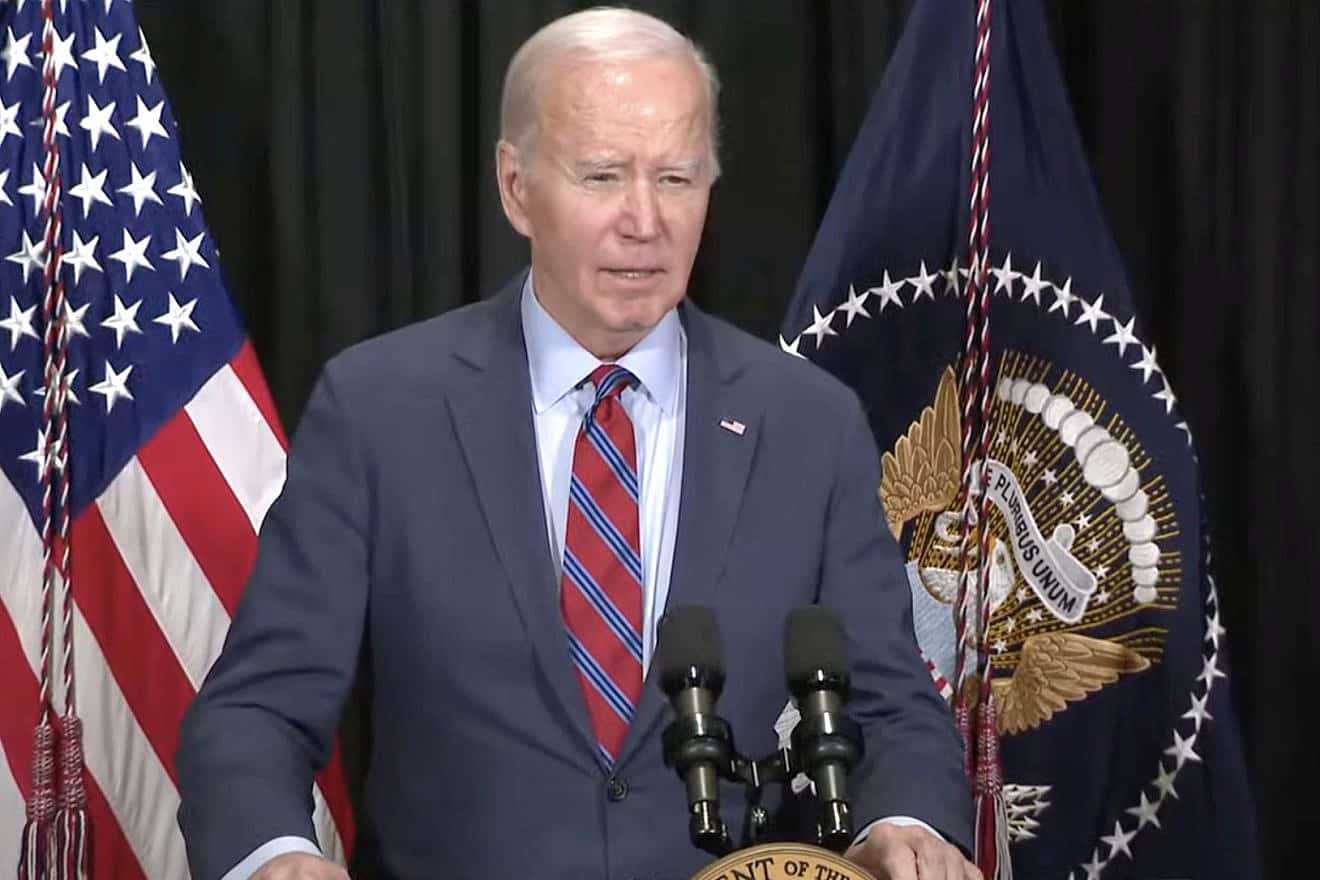Welcome To ChemAnalyst

U.S. President Joe Biden announced on Thursday the extension of the suspension of tariffs on European Union (EU) steel and aluminum for an additional two years. This decision is intended to provide more time for ongoing negotiations aimed at addressing issues related to overcapacity and promoting low-carbon production in the steel and aluminum sectors.
The initial suspension, which began in January 2022, saw the United States lifting import tariffs of 25% on EU steel and 10% on EU aluminum for a two-year period. In response, the EU imposed retaliatory tariffs covering various U.S. products, ranging from Harley Davidson motorcycles to bourbon whiskey and power boats. These retaliatory tariffs were initially set to last until 2023 but have now been extended until 2025, aligning with electoral timelines on both sides of the Atlantic.
The primary focus of discussions between the United States and the European Union has been on formulating measures to address the challenge of excess metal production capacity in non-market economies, with a particular emphasis on China. Additionally, the negotiations aim to advance sustainable and environmentally friendly practices in the steel industry. The original deadline for concluding these discussions was set for 2023, but progress had faced impediments leading to the need for an extension.
In a presidential proclamation, Biden acknowledged the "substantial progress" made by both parties and emphasized their commitment to ongoing discussions. The extension of the tariff suspension is seen as a strategic move to allow more time for the resolution of complex issues related to the steel and aluminum sectors.
The Tariff Rate Quota (TRQ) provisions, a part of this extended suspension, permit the import of up to 3.3 million metric tons of EU steel and 384,000 tons of aluminum into the United States without facing tariffs. These quantities are reflective of historical trade levels, with tariffs being applicable for any volumes beyond these limits. The extended exemption is now effective until December 31, 2025.
It's noteworthy that President Biden opted to maintain the current tariff levels for non-EU countries, signaling a selective approach to tariff adjustments. This decision is likely aimed at balancing trade relations while also addressing specific concerns related to the EU. The extension of tariff suspensions underscores the importance of continued collaboration between the United States and the European Union in finding mutually beneficial solutions to trade challenges.
President Biden's decision to extend the suspension of tariffs on EU steel and aluminum for an additional two years reflects a commitment to ongoing negotiations and addressing critical issues in the metal production sector. The extension provides room for further progress in discussions aimed at tackling overcapacity and promoting sustainable practices. The accompanying extension of retaliatory tariffs by the EU underscores the interconnected nature of global trade and the need for strategic measures to foster equitable trade relations. The Tariff Rate Quota provisions offer a structured framework for tariff-free imports, emphasizing the importance of historical trade levels in determining allowable quantities. Overall, these developments highlight the complexity of international trade dynamics and the efforts made by key players to navigate challenges collaboratively.
We use cookies to deliver the best possible experience on our website. To learn more, visit our Privacy Policy. By continuing to use this site or by closing this box, you consent to our use of cookies. More info.
